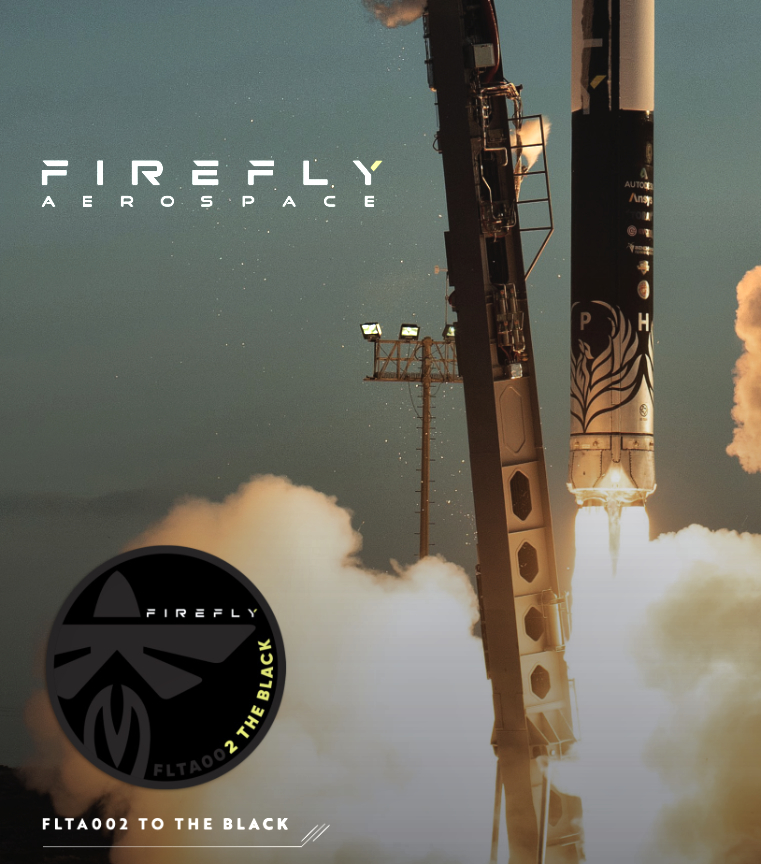
On October 1, 2022, Libre Space Foundation‘s QUBIK mission reached orbit. The mission was onboard Firefly Aerospace’s Alpha Flight 2, which was launched successfully from the Vandenberg Space Force Base in California.

The Alpha FLTA002 was Firefly Aerospace ’s second technology demonstration flight, attempting to launch multiple satellites to LEO. The flight experienced a nominal countdown and lift-off at 12:01 AM PDT-07:01 UTC and proceeded with flawless progress throughout each stage of the mission.
It hosted a number of academic, educational and scientific payloads, providing an excellent opportunity for non-profits, startups and space-related organizations to gain access to space. Libre Space Foundation was among these organizations and thanks Firefly Aerospace for this opportunity.
The QUBIK Mission Libre Space Foundation’s QUBIK mission is comprised of a set of PocketQubes plus a PocketQube deployer. The entire mission was built using open-source hardware and software.
The two PocketQubes, QUBIK-3 and QUBIK-4 were tasked to perform a series of radio amateur experiments on Identifying and Tracking satellites early on, upon deployment. The deployer, PICOBUS, was the first-ever, open-source, PocketQube deployer.
The mission reached orbit successfully and data was received from it using SatNOGS, the largest, open-source network of satellite ground stations.

For Libre Space Foundation, this was their second mission to reach space. Their first successful attempt was in 2017 with UPSat, the first-ever, open-source satellite. Ever since it was founded in 2015, Libre Space Foundation has remained true to its vision “for an Open and Accessible Outer Space for all”. This not-for-profit organization designs and develops open-source, space-related technologies, with all its projects being open-source and available to everyone. Libre Space Foundation maintains great collaborations with Space agencies, University Institutions, Space Organizations, Libraries, and Companies that help make space open to all humanity.
